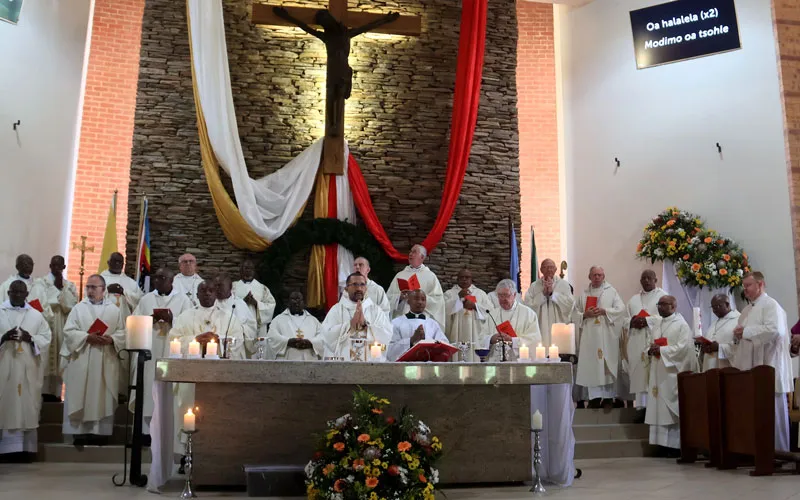Johannesburg, 01 February, 2023 / 9:30 pm (ACI Africa).
Political leaders in South Africa have, for the longest time, blamed the country’s failures on the past apartheid regime, members of the Southern African Catholic Bishops’ Conference (SACBC) have said, and called on the South African government to stop looking for excuses for the ailing country.
In a communiqué that SACBC members issued following their eight-day Plenary Assembly that was held at St. John Vianney National Major Seminary in the Archdiocese of Pretoria, the Bishops urged politicians in South Africa to instead work on their greediness and corruption.
“We deplore the use by some political leaders of the legacy of apartheid as an excuse for their failure to do their job and deliver the necessary services,” Catholic Bishops in Botswana, Eswatini, and South Africa said in the communiqué that was circulated on Monday, January 30.
They added, “Indeed, lack of basic service delivery is often ascribed to the apartheid legacy when, in fact, it is due to sheer greediness and corruption.”
The Apartheid regime in South Africa was the racial segregation that required non-white South Africans to live in separate areas from whites and to use separate public facilities.








